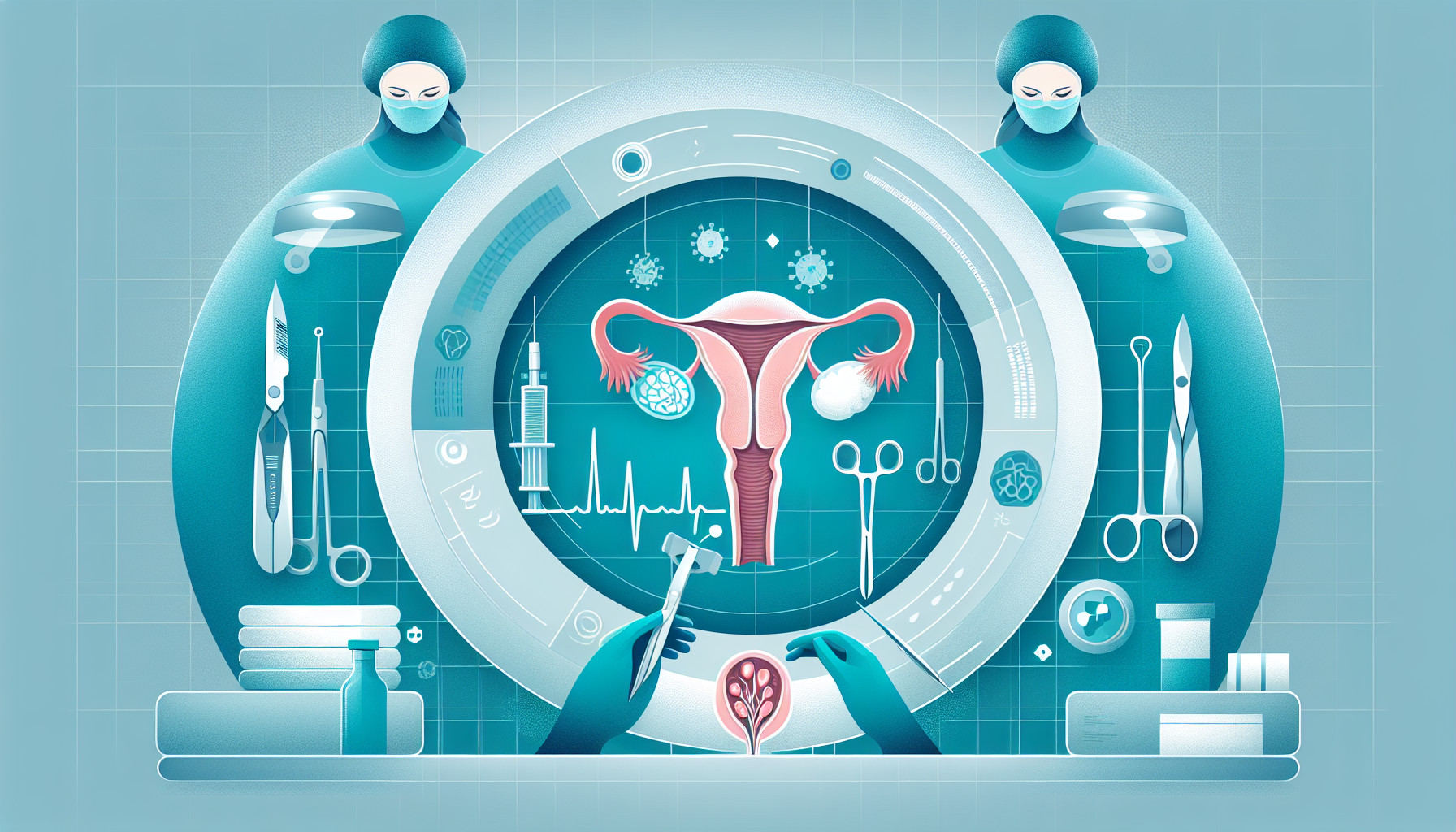Our Summary
This research paper is about a medical condition called ovarian endometrioma, which is a common problem in women who can have children. It’s related to a condition called endometriosis. The researchers wanted to understand how having one or two ovarian endometriomas (unilateral versus bilateral) affects women’s ability to have children, both before and after surgery to remove the endometriomas. They did this by looking at levels of a hormone called AMH (anti-Müllerian hormone) and the number of small follicles (antral follicle count or AFC) in the ovaries, which are both indicators of a woman’s ability to have children.
They analyzed data from a number of studies, including 783 women in total, some of whom had one endometrioma and some of whom had two. They found that before surgery, the levels of AMH did not differ much between the women with one or two endometriomas. However, after the surgery, the women with two endometriomas had significantly lower levels of AMH. The number of small follicles didn’t differ significantly between the groups either before or after surgery.
The researchers concluded that having an endometrioma doesn’t seem to harm a woman’s ability to have children, but surgery to remove the endometriomas, especially if there are two, can have a negative effect. They also suggested that AMH is a better indicator of a woman’s ability to have children than the number of small follicles in cases with endometrioma. Therefore, they say, doctors should be careful about deciding to remove endometriomas, especially if there are two, because it could shorten a woman’s reproductive lifespan.
FAQs
- How does having one or two ovarian endometriomas affect a woman’s ability to have children?
- What is the impact of surgery for ovarian endometrioma removal on a woman’s fertility?
- Which is a better indicator of a woman’s ability to have children, AMH levels or the number of small follicles, in cases with ovarian endometrioma?
Doctor’s Tip
A doctor might tell a patient undergoing ovarian cyst removal to discuss their fertility goals and options with a reproductive specialist before proceeding with surgery. They may also advise the patient to monitor their hormone levels and ovarian function closely after surgery to assess any potential impact on their fertility. Additionally, the doctor may recommend considering alternative treatments or therapies to preserve fertility if removal of the cysts is deemed necessary.
Suitable For
Patients who are typically recommended ovarian cyst removal are those with symptomatic cysts, large cysts (greater than 5 cm), complex cysts, cysts that are growing or changing, cysts that are causing infertility or recurrent miscarriage, cysts that are suspicious for cancer, or cysts that are causing severe pain or other complications. Additionally, patients who are at high risk for ovarian cancer or have a family history of ovarian cancer may also be recommended for ovarian cyst removal as a preventive measure.
Timeline
Before ovarian cyst removal:
- Patient may experience symptoms such as pelvic pain, bloating, irregular menstrual cycles, and difficulty getting pregnant.
- Patient undergoes diagnostic tests such as ultrasound or MRI to confirm the presence of an ovarian cyst.
- Treatment options such as watchful waiting, hormonal therapy, or surgery are discussed with the patient.
- If surgery is recommended, the patient undergoes pre-operative evaluations and preparation for the procedure.
After ovarian cyst removal:
- Patient undergoes surgery to remove the ovarian cyst, either through laparoscopic or open surgery.
- Recovery period post-surgery includes pain management, rest, and follow-up appointments with the surgeon.
- Patient may experience temporary side effects such as abdominal discomfort, bloating, and fatigue.
- Follow-up appointments are scheduled to monitor the patient’s recovery and assess any potential complications.
- Patient may experience improved symptoms such as reduced pelvic pain, regular menstrual cycles, and improved fertility in some cases.
- Long-term follow-up may be recommended to monitor for the recurrence of ovarian cysts.
What to Ask Your Doctor
Some questions a patient should ask their doctor about ovarian cyst removal include:
- What type of ovarian cyst do I have and what are the risks associated with it?
- What are the different treatment options available for removing the ovarian cyst?
- How will the removal of the ovarian cyst affect my fertility and reproductive health?
- What are the potential side effects or complications of the surgery to remove the ovarian cyst?
- How long is the recovery period after the surgery and what can I expect during this time?
- Will I need any follow-up appointments or monitoring after the surgery?
- How soon can I resume normal activities, such as work or exercise, after the surgery?
- Are there any lifestyle changes or precautions I should take after the surgery to prevent the recurrence of ovarian cysts?
- How will the removal of the ovarian cyst affect my hormone levels and menstrual cycle?
- What are the long-term implications of having the ovarian cyst removed, especially in terms of my overall reproductive health?
Reference
Authors: Younis JS, Shapso N, Fleming R, Ben-Shlomo I, Izhaki I. Journal: Hum Reprod Update. 2019 May 1;25(3):375-391. doi: 10.1093/humupd/dmy049. PMID: 30715359
